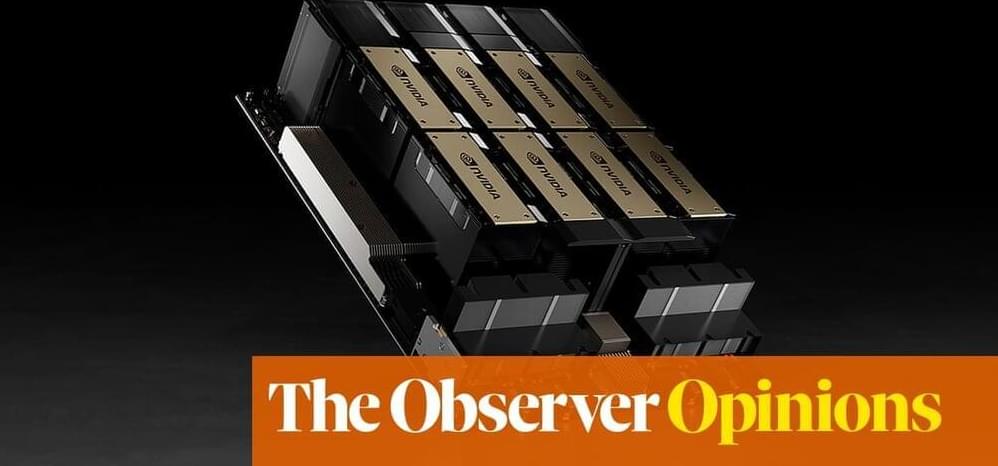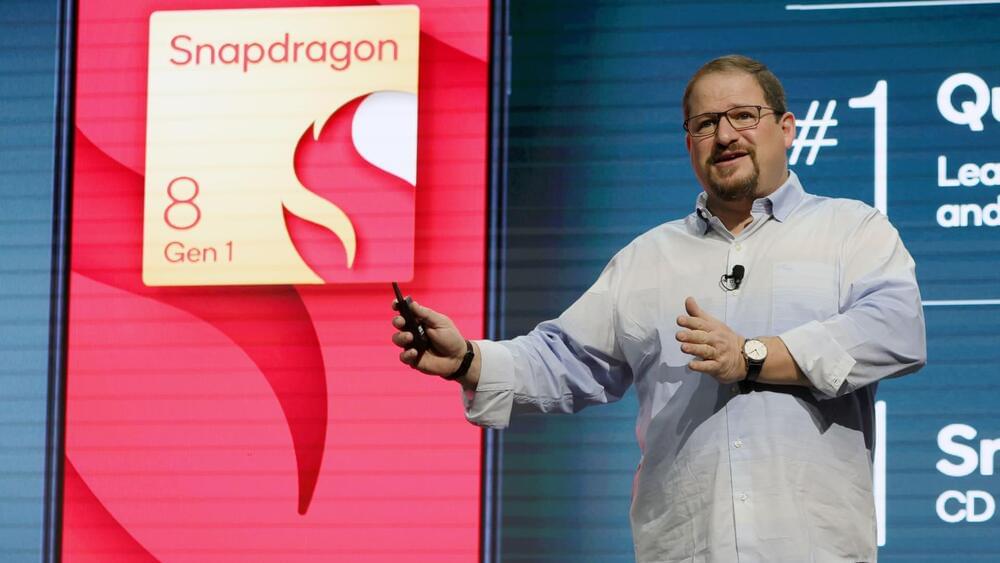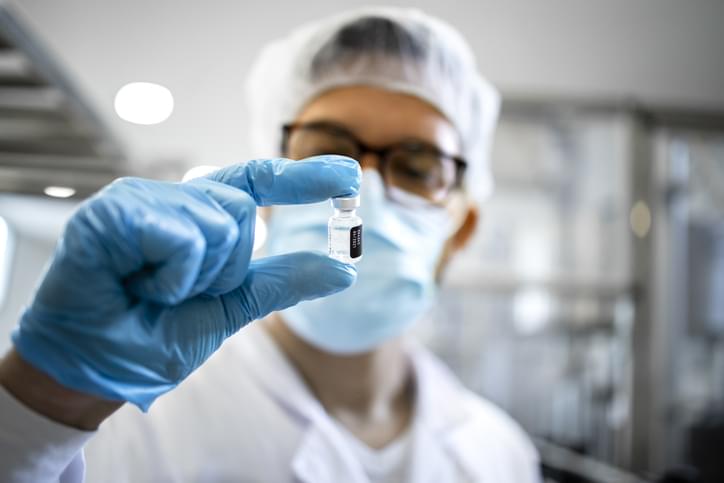But OpenAI isn’t Altman’s only project, and it’s not even his only project with ambitions to change the world. He is also a co-founder of a company called Tools for Humanity, which has the lofty goal of protecting people from the economic devastation that may arise from AI taking human jobs. The company’s first major project is Worldcoin, which uses an evil-looking metallic orb—called the Orb—to take eyeball scans from people all over the world.
Those scans are converted into unique codes that confirm you are a real, individual human, not a bot. In the future, this will theoretically grant you access to a universal basic income parceled out through Worldcoin’s cryptocurrency, WLD. (You will want this because you will not be able to find work.) More than 2 million people in 35 countries have been scanned already, according to Tools for Humanity’s World ID app. Although it’s not yet available in the United States, the WLD token has been distributed elsewhere, and the company has also recruited users through cash incentives in countries such as Indonesia and Kenya.




